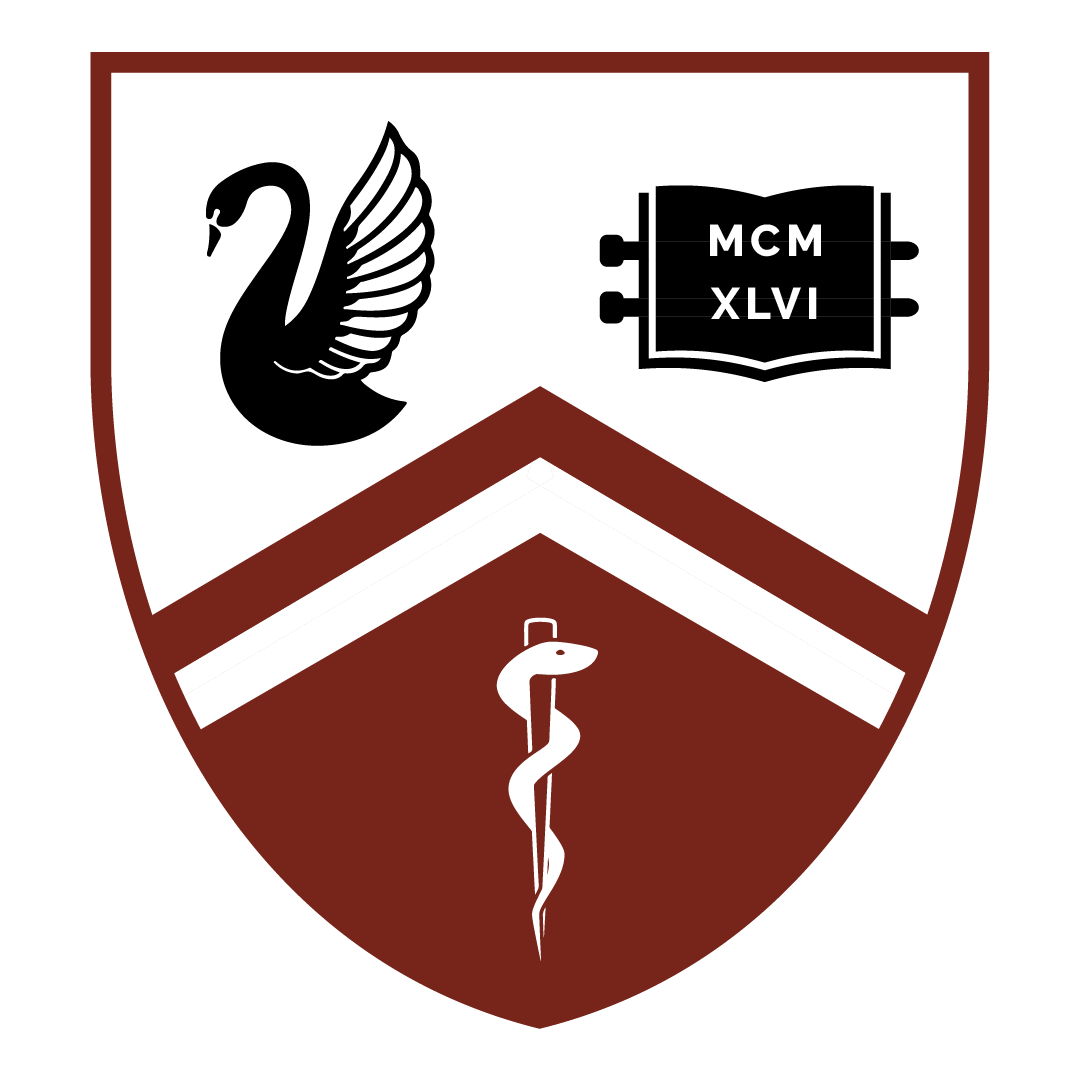Doctors are in a unique position. They encourage patients to seek help and treatment for mental health conditions, but are less likely to actually seek help themselves. This is despite the fact that Australian and international studies generally report doctors having higher rates of mental health conditions than the general population.
As medical students, we may be in a similar boat. Mental health issues are still stigmatised to this day, and the prevalence of this stigma can be a barrier to seeking help. Students may be worried about their mental health status being disclosed to the university or their ability to learn/practice being affected by the act of seeking help for their mental health.
Insight+, one of the highest circulating medical online magazines in Australia, addresses in an article, that over 59% of doctors either strongly disagreed with the statement that “doctors can disclose their mental illness to their doctor without fear for their career”.
This is despite the fact that reports are rare, and that less than 1% of all reports result in loss of registration.
This suggests that many doctors may hold fears and worries about what will happen if they seek help and that they are silently suffering. As medical students, it’s important to know where you stand.
Here are some harmful myths that are simply untrue:
Myth 1: I can’t be a doctor if I have a mental health condition
This is blatantly untrue.
Having a mental health condition does in no way preclude you from pursuing a career in medicine.
In fact, doctors and medical students are a high-risk population for mental health conditions.
According to Beyond Blue’s National Mental Health Survey of Doctors and Medical Students:
- Doctors reported:
- High levels of general distress and specific mental health diagnoses
- Higher levels of very high psychological distress compared to other professionals and the general population [3.4% vs. 2.6% vs. 0.7%].
- Medical students reported:
- Higher rates of general distress and specific mental health diagnoses compared to the Australian population.
Myth 2: If I tell my doctor something, they are free to tell anyone e.g., my parents
Not true at all.
Doctors are bound by a patient’s right to confidentiality and are not free to disclose information about a consultation.
From the AMA: “Patients have a right to expect that doctors and their staff will hold information about them in confidence, unless release of information is required by law or public interest considerations.”
Myth 3: If I tell my school about a health condition or concern I will be reported to the Australian Health Practitioner Regulation Agency (AHPRA) and lose my position
This is not true.
All medical students in Australia are registered with AHPRA, which is the regulatory body for health practitioners (including students), AHPRA acts to protect the public and regulate Australia’s registered health practitioners. To this end, there are circumstances where mandatory notifications to AHPRA are made.
However, there exist mandatory notification exemptions in Western Australia (recently implemented in 2020).
AHPRA states: “Treating practitioners in Western Australia providing a health service to a practitioner-patient or student are exempt from the requirements to make a mandatory notification”.
Even in the circumstance that a report is made, less than 1% of all reports result in loss of registration.
For more information, visit AHPRA: https://www.ahpra.gov.au/Notifications/mandatorynotifications/Mandatory-notifications.aspx
Myth 4: Self-harm or being a danger to oneself is sufficient to trigger a mandatory notification to regulatory bodies
Untrue.
As in the myth above, in WA, health practitioners are exempt from mandatory notification about other health practitioners/medical students.
Further, even in other states, only if there is substantial risk of harm to the public will a mandatory notification be triggered.
Myth 5: If I do anything wrong, the school will call the Professional Behaviour Advisory Panel (PBAP)
This is not true.
The MD LMS has a section on MD Professional behaviour assessment which outlines the two main processes by which professional behaviours are assessed/ managed (see screenshot below).
The key principles used in professionalism assessments are to:
- Be procedurally fair and operate in a manner consistent with the ethical and conduct
standards of UWA
- Recognise both exemplary as well as concerning/unsatisfactory behaviours
- Have an emphasis on remediation rather than being punitive if concerns are identified
Students should be aware that as future health professionals, their behaviour outside the clinical environment, including their personal lives, may have an impact on their fitness to practice.
Less than 1% of medical students require either Board of Examiner or PBAP involvement.
